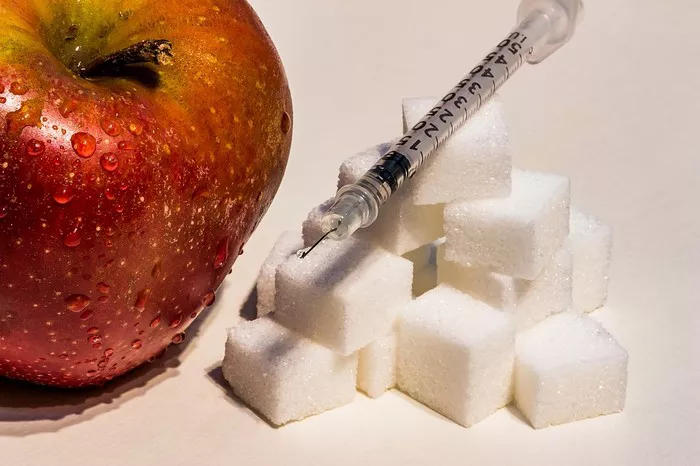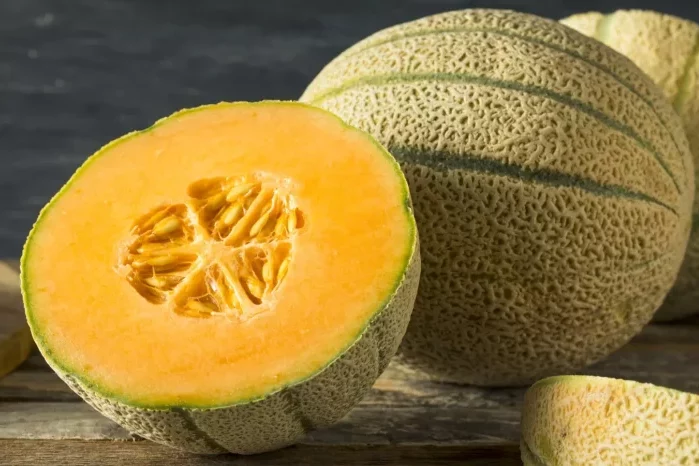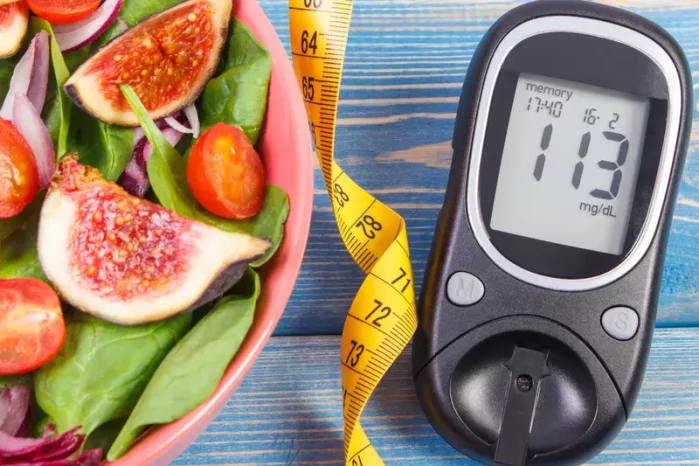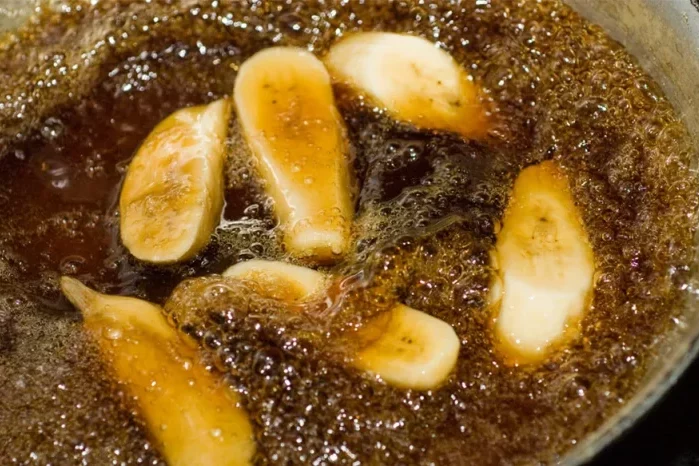Diet plays a pivotal role in managing diabetes, a chronic condition characterized by elevated blood sugar levels. For individuals with diabetes, making informed dietary choices is essential for controlling blood glucose levels and preventing complications. While there’s no one-size-fits-all approach to diabetes management, incorporating fruits into the diet can offer a plethora of benefits. In this article, we’ll delve into the importance of diet in managing diabetes, focusing on fruits that are particularly beneficial for individuals with this condition.
Glycemic Index (GI)
The glycemic index (GI) is a measure of how quickly carbohydrates in a food item raise blood glucose levels. Foods with a high GI cause a rapid spike in blood sugar, while those with a low GI result in a slower, more gradual increase. For individuals with diabetes, choosing foods with a lower GI can help maintain more stable blood sugar levels over time, reducing the risk of hyperglycemia.
Fiber Content
Dietary fiber, found abundantly in fruits, plays a crucial role in regulating blood sugar levels. Fiber slows down the absorption of sugar in the bloodstream, preventing sudden spikes and crashes in blood glucose levels. Additionally, fiber promotes satiety, helping individuals feel fuller for longer periods, which can aid in weight management—a key aspect of diabetes control.
Portion Control
While fruits are generally healthy choices, it’s important for individuals with diabetes to practice portion control. Even low-GI fruits contain carbohydrates that can affect blood sugar levels if consumed in large quantities. Monitoring portion sizes and pairing fruits with protein or healthy fats can help mitigate their impact on blood glucose levels.
List of Fruits
Berries: Berries, including strawberries, blueberries, raspberries, and blackberries, are excellent choices for individuals with diabetes. They are low in carbohydrates and have a low GI, making them ideal for blood sugar control.
Nutritional Information (per 1 cup serving):
Carbohydrates: Approximately 15 grams
Fiber: Approximately 5-8 grams
GI: Low (typically below 50)
Preparation Tips: Enjoy berries as a snack, add them to yogurt or oatmeal, or blend them into smoothies for a refreshing treat.
Cherries: Cherries are not only delicious but also packed with antioxidants and fiber. They have a moderate GI, making them a suitable option for those managing diabetes.
Nutritional Information (per 1 cup serving):
Carbohydrates: Approximately 18 grams
Fiber: Approximately 3 grams
GI: Moderate (typically between 41-69)
Preparation Tips: Add cherries to salads, bake them into desserts, or simply enjoy them fresh as a snack.
Apples: “An apple a day keeps the doctor away” rings true for individuals with diabetes too. Apples are rich in fiber and antioxidants, and their low GI makes them a diabetic-friendly choice.
Nutritional Information (medium-sized apple):
Carbohydrates: Approximately 25 grams
Fiber: Approximately 4 grams
GI: Low (typically below 40)
Preparation Tips: Enjoy apples sliced with peanut butter, baked with cinnamon, or diced into salads for a sweet crunch.
Pears: Pears are another excellent fruit option for individuals with diabetes. They are rich in fiber, vitamins, and minerals, and have a low GI, making them suitable for blood sugar control.
Nutritional Information (medium-sized pear):
Carbohydrates: Approximately 28 grams
Fiber: Approximately 6 grams
GI: Low (typically below 40)
Preparation Tips: Enjoy pears sliced in salads, poached with cinnamon and honey, or paired with cheese for a savory-sweet combination.
Citrus Fruits: Oranges, grapefruits, and other citrus fruits are renowned for their vitamin C content and refreshing flavor. Despite their natural sweetness, most citrus fruits have a moderate GI and can be included in a diabetic-friendly diet in moderation.
Nutritional Information (medium-sized orange):
Carbohydrates: Approximately 15 grams
Fiber: Approximately 3 grams
GI: Moderate (typically between 41-69)
Preparation Tips: Enjoy citrus fruits as a snack, squeeze them into beverages, or incorporate them into salads for a burst of tangy flavor.
Kiwi: Kiwifruit is a nutrient-dense option for individuals with diabetes. It’s high in fiber, vitamin C, and potassium, and has a relatively low GI, making it a smart choice for blood sugar management.
Nutritional Information (per medium-sized kiwi):
Carbohydrates: Approximately 14 grams
Fiber: Approximately 2 grams
GI: Low (typically below 50)
Preparation Tips: Enjoy kiwi sliced and added to fruit salads, blended into smoothies, or simply eaten on its own for a tropical treat.
Aadvoco: While technically a fruit, avocados are unique in that they are low in carbohydrates and have a high content of healthy fats, making them an excellent choice for individuals with diabetes.
Nutritional Information (per 1/2 avocado):
Carbohydrates: Approximately 6 grams
Fiber: Approximately 5 grams
GI: Low (typically below 15)
Preparation Tips: Enjoy avocado mashed on toast, sliced in salads, or blended into creamy dressings or dips.
Grapes: Grapes are a sweet and convenient snack option for individuals with diabetes. While they are higher in natural sugars compared to some other fruits, they still have a moderate GI and can be enjoyed in moderation.
Nutritional Information (per 1 cup serving):
Carbohydrates: Approximately 27 grams
Fiber: Approximately 1 gram
GI: Moderate (typically between 41-69)
Preparation Tips: Freeze grapes for a refreshing treat, add them to cheese platters, or enjoy them as a standalone snack.
Guava: Guava is a tropical fruit rich in fiber, vitamin C, and antioxidants. Despite its sweetness, guava has a low GI and can be included in a balanced diabetic diet.
Nutritional Information (per medium-sized guava):
Carbohydrates: Approximately 16 grams
Fiber: Approximately 9 grams
GI: Low (typically below 50)
Preparation Tips: Enjoy guava sliced and added to salads, blended into smoothies, or simply eaten fresh for a burst of tropical flavor.
Plums: Plums are not only delicious but also packed with vitamins, minerals, and fiber. They have a low GI, making them a suitable choice for individuals with diabetes.
Nutritional Information (per medium-sized plum):
Carbohydrates: Approximately 7 grams
Fiber: Approximately 1.5 grams
GI: Low (typically below 40)
Preparation Tips: Enjoy plums as a snack, add them to yogurt or oatmeal, or incorporate them into baked goods for natural sweetness.
Fruits to Limit or Avoid
While fruits offer numerous health benefits, some varieties are higher in natural sugars and may cause blood sugar spikes if consumed in excess. Fruits such as pineapples, watermelons, and dried fruits like raisins and dates have higher GI values and should be consumed in moderation by individuals with diabetes.
Personalization
It’s important to recognize that individual responses to fruits can vary based on factors such as metabolism, insulin sensitivity, and overall dietary habits. Monitoring blood sugar levels after consuming different fruits can help individuals determine their personal tolerances and make informed decisions about fruit consumption.
Consultation Reminder
Before making significant changes to their diet, individuals with diabetes should consult with healthcare professionals, including registered dietitians or certified diabetes educators. These professionals can provide personalized guidance and support to help individuals manage their condition effectively through dietary modifications.
Conclusion
In conclusion, fruits can be valuable components of a diabetic-friendly diet when chosen wisely and consumed in appropriate portions. By focusing on fruits with lower GI values and higher fiber content, individuals with diabetes can enjoy a wide variety of delicious and nutritious options while effectively managing their blood sugar levels.
Related Topics

























